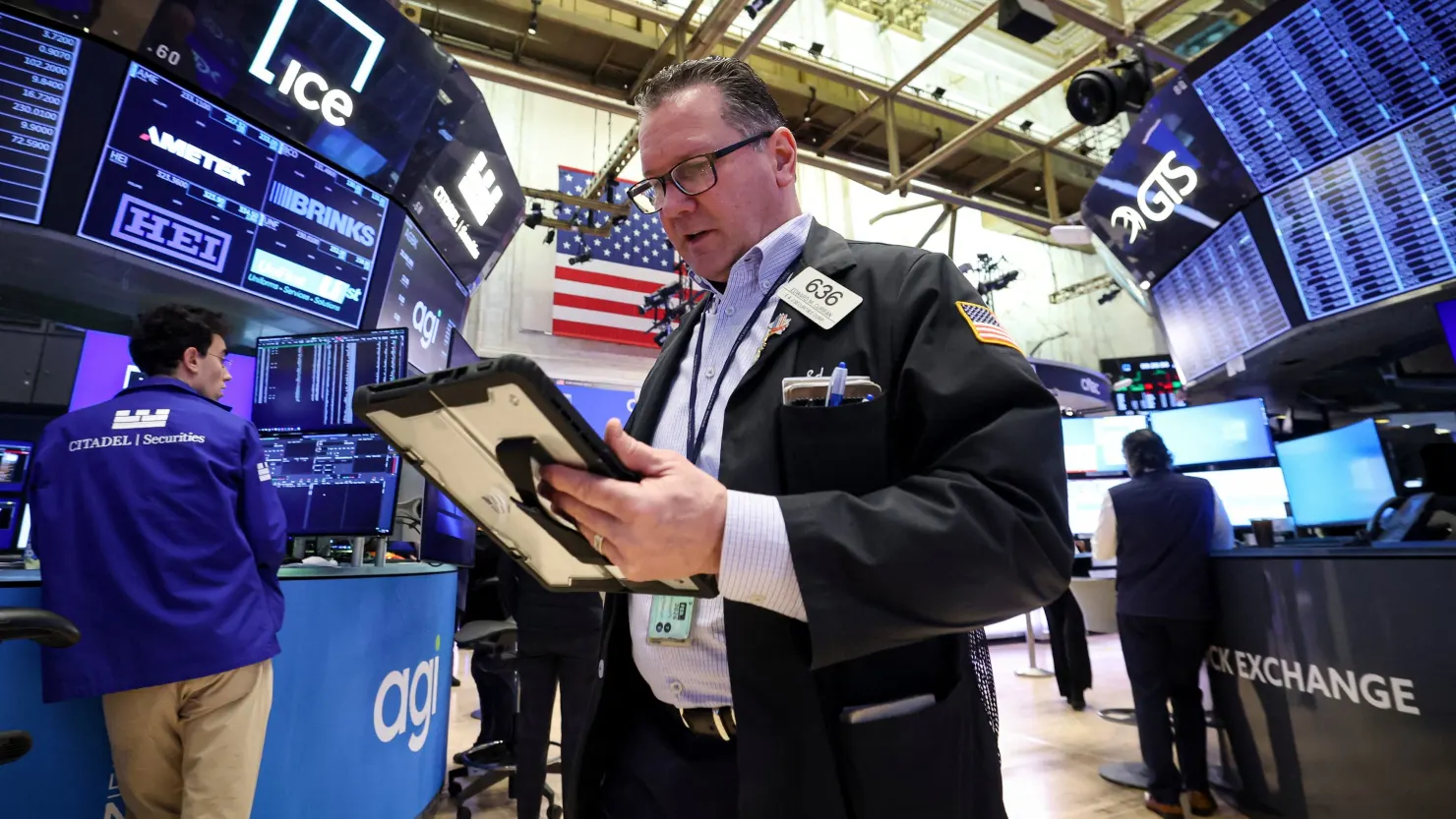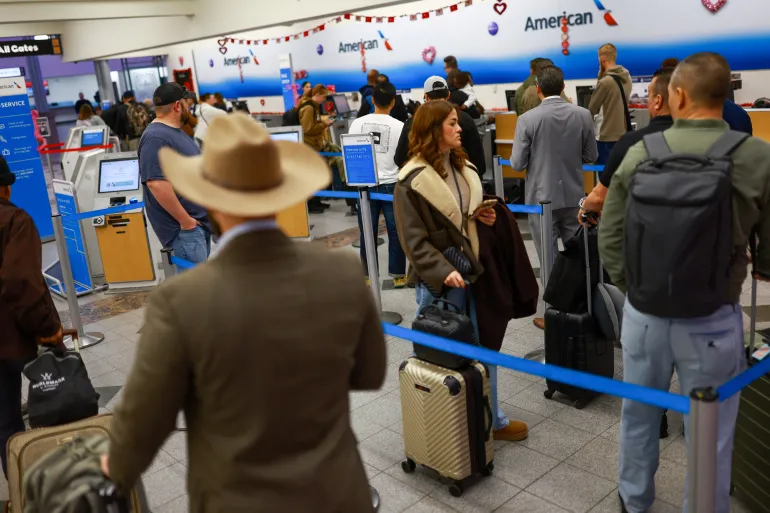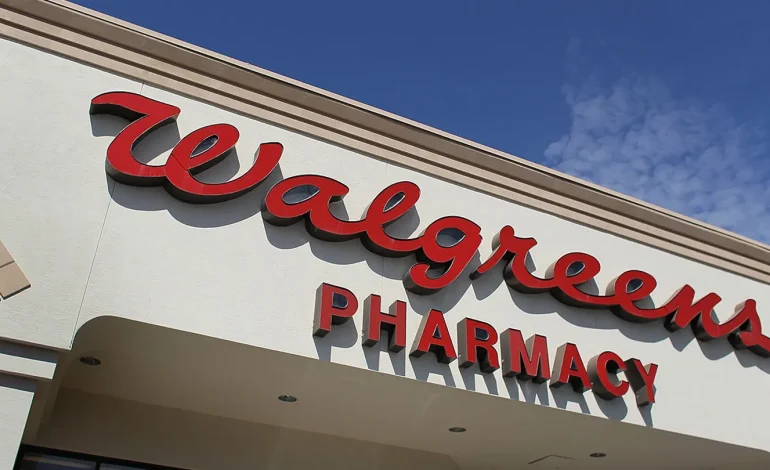Walgreens has agreed to pay up to $350 million to resolve allegations brought by the US Department of Justice (DOJ) regarding the improper dispensing of opioid and other controlled substance prescriptions.
The settlement addresses claims that the pharmacy chain filled millions of prescriptions that were allegedly invalid and submitted reimbursement requests for many of them through Medicare and other federal healthcare programs.
The government’s complaint, filed in the US District Court for the Northern District of Illinois, covers activity between August 2012 and March 2023. It alleges that Walgreens pharmacists filled prescriptions that raised concerns about legitimacy, such as unusually high quantities or early refills, without taking appropriate steps to verify their validity. These actions were claimed to be in violation of the Controlled Substances Act and the False Claims Act.
Attorney General Pamela Bondi emphasized the role of pharmacies in protecting public health, stating:
“Pharmacies have a legal responsibility to prescribe controlled substances in a safe and professional manner, not dispense dangerous drugs just for profit.”
The settlement consists of a $300 million base payment, determined in part by Walgreens’ financial capacity, with an additional $50 million to be paid if the company is sold, merged, or otherwise transferred before the end of fiscal year 2032.
In response, Walgreens stated that it disputes the legal basis of the government’s claims and admits no wrongdoing.
“This resolution allows us to close all opioid-related litigation with federal, state, and local governments and provides us with favorable terms from a cashflow perspective while we focus on our turnaround strategy,” said company spokesperson Fraser Engerman.
The case also highlighted internal practices at Walgreens, including alleged pressure on pharmacists to fill prescriptions rapidly and reported limitations placed on the pharmacists’ access to prescriber data, which the DOJ argued prevented effective safeguards.
As part of the settlement, Walgreens has agreed to measures designed to enhance regulatory compliance. This includes entering into agreements with the Drug Enforcement Administration (DEA) and the Department of Health and Human Services (HHS) to implement policies and training focused on the proper dispensing of controlled substances. Walgreens is also required to report regularly to the federal government on its efforts to ensure compliance.
The settlement resolves four whistleblower cases brought by former Walgreens employees. It is part of a broader federal effort to address the opioid crisis, which has contributed to significant public health challenges across the US Deputy Assistant Attorney General Michael Granston stated that the DOJ “will continue to hold accountable those entities and individuals whose actions contributed to the opioid crisis.”
With input from FOX Business, CNN, and NPR.










The latest news in your social feeds
Subscribe to our social media platforms to stay tuned